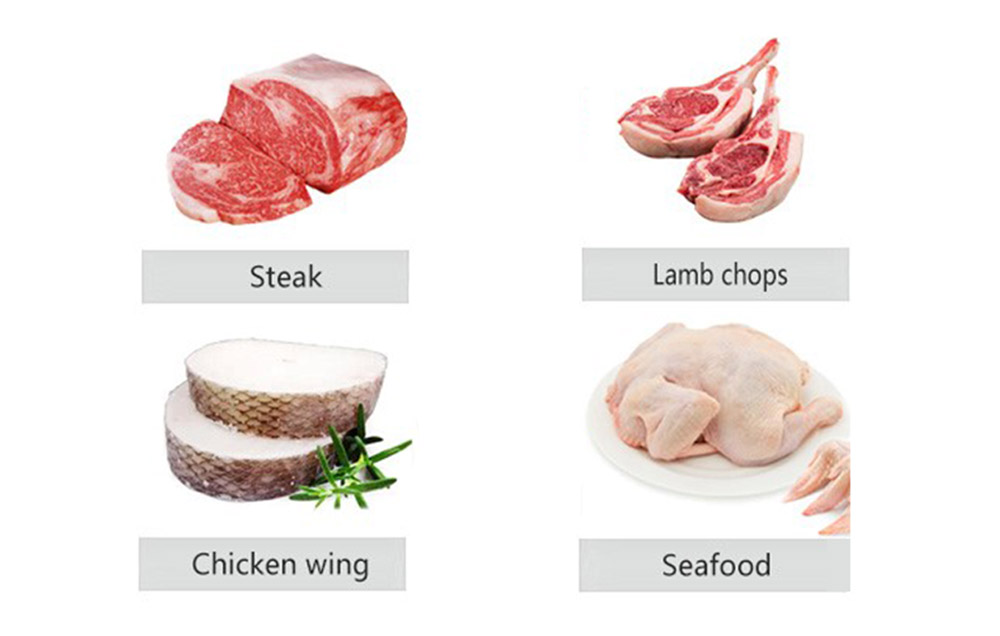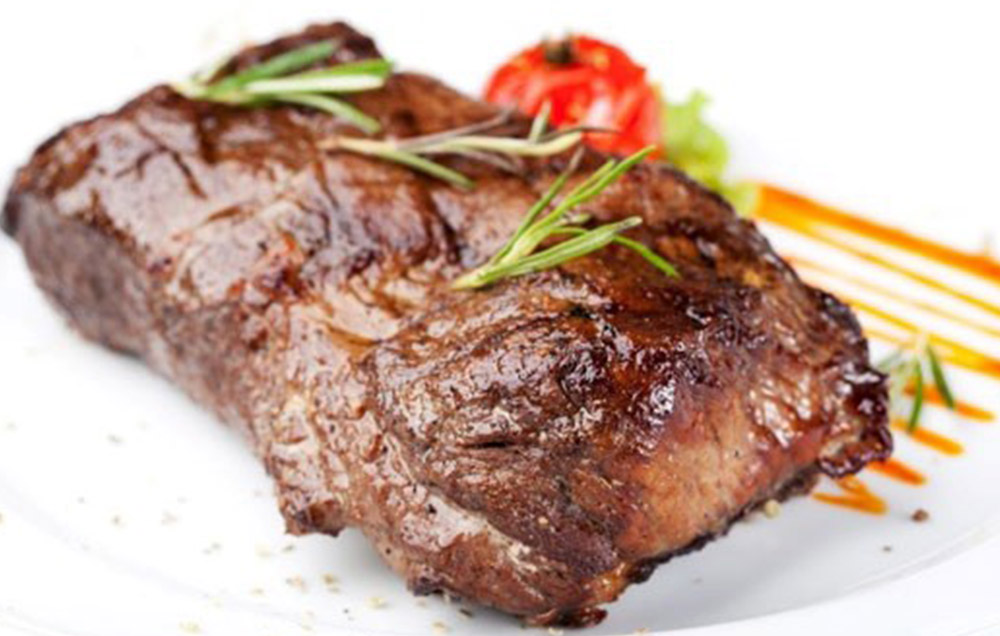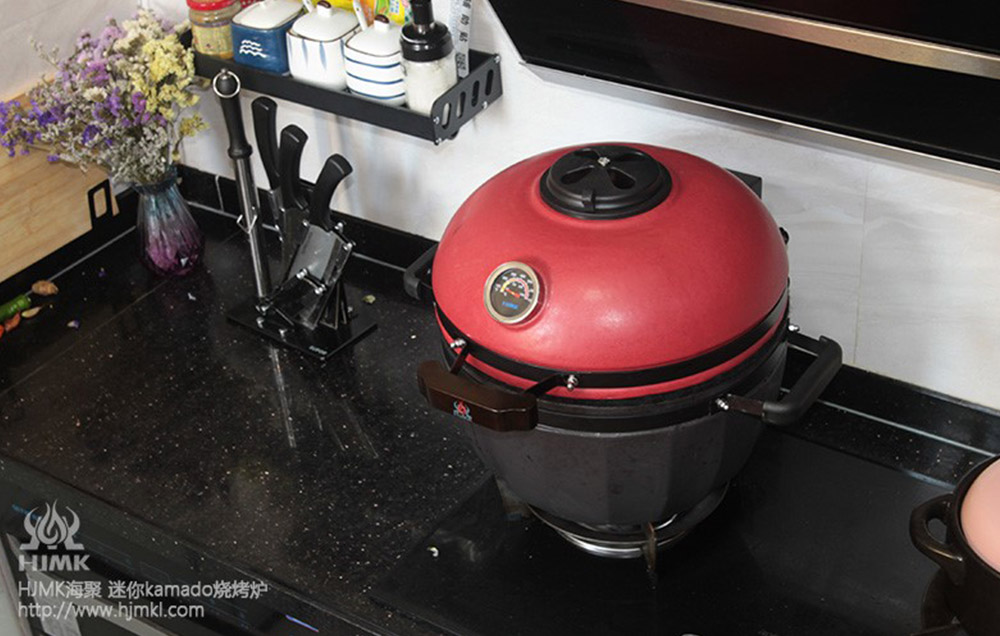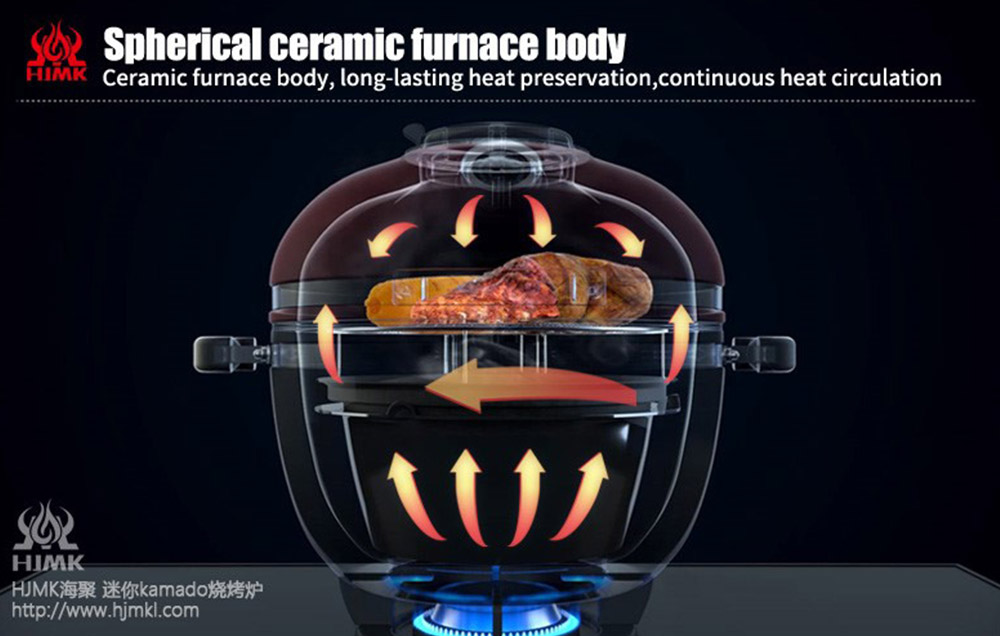Nutritional value of meat
Meat foods are nutritious and can provide the protein and energy needed by the human body, especially protein, B vitamins, iron and zinc. As a nutritious food, meat provides the main nutrients for your diet. Compared with other foods, beef contains the most calories. For example, a serving of 85 grams of cooked lean beef contains 195 calories, which provides 25 grams of protein, 9 grams of fat, and more than one-third of your daily zinc requirement. (One serving of beef can meet half of the daily protein requirement)

In addition to high protein content, meat also provides most of the nutrients needed by the human body. To understand these elements in detail, you need some basic knowledge about protein composition. Amino acid compounds are the basic building blocks of protein. Nutritionally, amino acids are divided into essential amino acids and non-essential amino acids.
Essential amino acids refer to amino acids that the human body cannot synthesize by itself or whose synthesis speed cannot meet the needs of the human body and must be ingested from food. For adults, there are 8 kinds of these amino acids, including lysine, methionine, leucine, isoleucine, threonine, valine, tryptophan and phenylalanine. For babies, histidine is also an essential amino acid.
Non-essential amino acids do not mean that the human body does not need these amino acids, but that the human body can synthesize it or obtain it from other amino acids, not necessarily ingested directly from food. Such amino acids include glutamic acid, alanine, arginine, glycine, aspartic acid, cystine, proline, serine, and tyrosine. If the supply of some non-essential amino acids such as cystine and tyrosine is abundant, the required amount of methionine and phenylalanine among the essential amino acids can be saved.

The human body cannot produce sufficient amounts of essential amino acids and must be provided through diet. Meat, eggs, and milk provide all the essential amino acids, making them a complete and high-quality source of protein.

A serving of 85 grams of cooked pork provides much more thiamine than most other foods. However, thiamine is a water-soluble vitamin and is easy to lose. In order to retain as much thiamine as possible during the cooking process, it is recommended that meat be cooked with dry heat instead of moist heat, and have a good braising oven It is very important, it is recommended to use the "HJMK mini kamado braising oven" to support indoor and outdoor different occasions, support different heating methods and different cooking methods.

Meat also contains proheme iron, which is most easily absorbed by the human body. Iron is one of the essential trace elements for the human body and is the main substance for maintaining life. Iron participates in the synthesis of hemoglobin, myoglobin, cytochrome and many enzymes, and is the main raw material for the production of hemoglobin in the body. Promoting development, increasing resistance to diseases, regulating tissue respiration, and preventing fatigue are all inseparable from iron.

